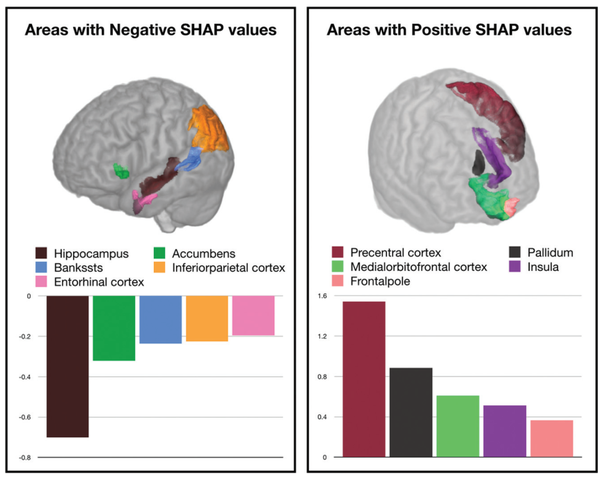A study by Vuno, a Korean artificial intelligence (AI) developer, showed that a deep learning algorithm could predict Alzheimer’s disease (AD) within one minute.
Jointly with Asan Medical Center, Vuno verified an AI algorithm using MRI scans of 2,727 patients registered at domestic medical institutions. Vuno found that the algorithm predicted AD and mild cognitive impairment (MCI) accurately.
Vuno’s deep learning-based algorithm used an area under the curve (AUC) to predict dementia. The closer the AUC value is, the higher the algorithm’s performance is. The AUC was 0.840-0.982 in AD and 0.668-0.870 in MCI, Vuno said.

Vuno’s algorithm quickly delivered the microscopic atrophy in the brain to physicians and shortened the analysis time compared to “FreeSurfer,” the conventional brain MRI analysis model. FreeSurfer took seven hours to analyze brain MRI, while Vuno’s algorithm yielded results in one minute, the company said.
Vuno said its algorithm could be used for pre-screening before the positron emission tomography (PET) test used for early detection of AD.
Jung Kyu-hwan, chief technology officer of Vuno, said the study proved Vuno’s brain MRI analysis was practically helpful in diagnosing dementia. “We will make an effort to expand the pipelines of AI solutions related to brain diseases, including the latest algorithm that we have verified,” he said.
Professor Kim Sang-Joon of radiology at Asan Medical Center said the findings had high clinical values because the study verified the AI algorithm's performance based on large-scale clinical data for the first time in the world.
If Vuno’s algorithm is more refined through further research and introduced to clinical settings, it will significantly contribute to the early diagnosis of dementia, he added.
Vuno and Asan Medical Center's joint study was published in the SCI-grade journal, American Journal of Neuroradiology (AJNR).

